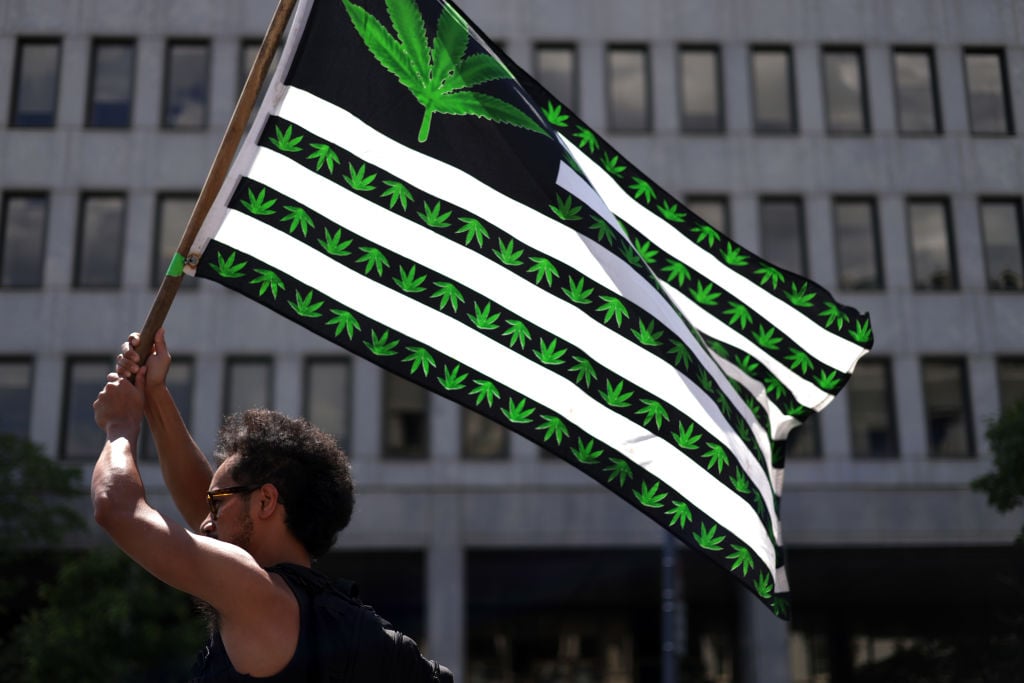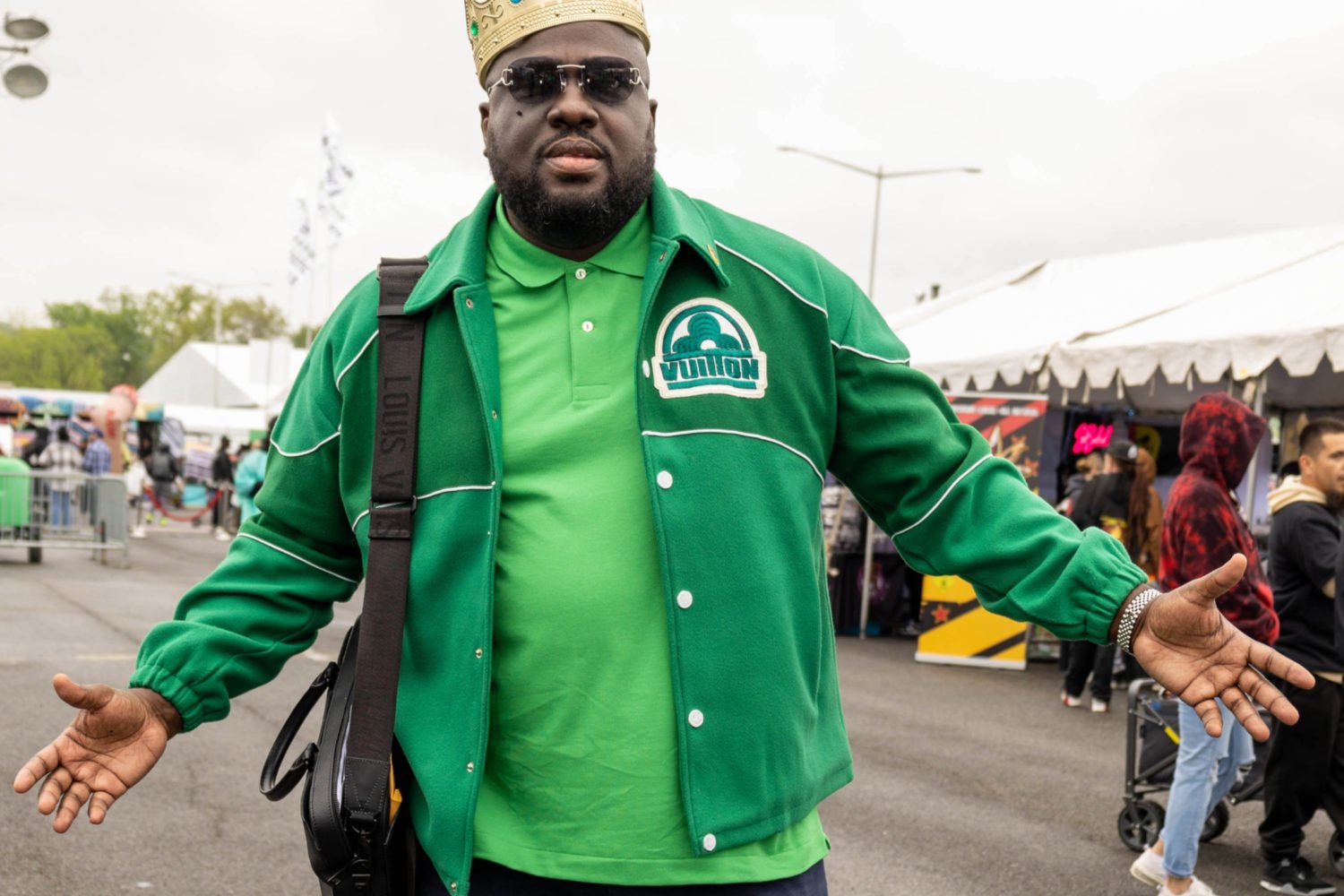Could Washington, DC’s weird market for legal cannabis be on the verge of actually making sense? The House Committee on Appropriations released the text of a draft Financial Services and General Government spending bill Tuesday, with one big omission: language that Maryland congressman Andy Harris has inserted into must-pass spending bills every year since DC voters voted to legalize possession and gifts of weed in 2013.
Harris’s language, known locally as the “Harris rider,” effectively prevents the District from spending money to create a legal structure for recreational—or “adult-use”—cannabis sales. DC’s “gray market” for cannabis sprouted in response, with dozens of so-called “I-71” shops (named for the 2013 ballot initiative) providing “gifts” of weed and cannabis derivatives to customers who purchased stickers, trading cards, and even artwork produced by a dog.
In late 2022, city government came up with another solution. Since medical marijuana was unaffected by Harris’s language, the DC Council passed a bill that let I-71 businesses apply to become medical dispensaries alongside an extremely generous program for obtaining medical marijuana cards. Both residents and non-residents—even tourists—can self-certify that they require one.
Twenty-four states already have legalized recreational cannabis, including Maryland. Under the Biden administration, the US is poised to reclassify marijuana as a less dangerous drug than it does currently. (The DEA now includes it on Schedule I, the same tier as heroin and LSD). This would be an important step for research, and perhaps toward future federal legalization. US Representative Dave Joyce, who chairs the appropriations committee’s subcommittee on financial services and general government, is also a member of the Congressional Cannabis Caucus and supports rescheduling the drug.
Harris’s rider prohibits DC from creating a legal market for any Schedule I drug, or any THC derivative product for recreational purposes. Washingtonian asked his spokesperson, Anna Adamian, if the absence of the rider meant Harris had dropped his opposition to DC establishing a legal recreational market. “No,” she replied in an email, “Congressman Harris has not changed his mind about the danger of legalizing marijuana in D.C. but given the potential rescheduling of the drug and the appearance of Delta 8 on the market, the language needs to be amended and we are working on that.”
In other words, Harris would welcome the opportunity to reattach the rider language if he’s able to. But that seems unlikely, says Delegate Eleanor Holmes Norton, DC’s nonvoting member of Congress. “This bill had such good bipartisan support, I’m not sure any kind of amendment would be useful,” she says. “It’s a huge win for the District to get this done.”
If the rider doesn’t make a reappearance in any final spending bill, the District could move quickly to establish a recreational market using a bill by council chair Phil Mendelson as a legal framework, says Lindsey Walton, Mendelson’s spokesperson. The council, Walton notes, has already held hearings on the legislation.



















